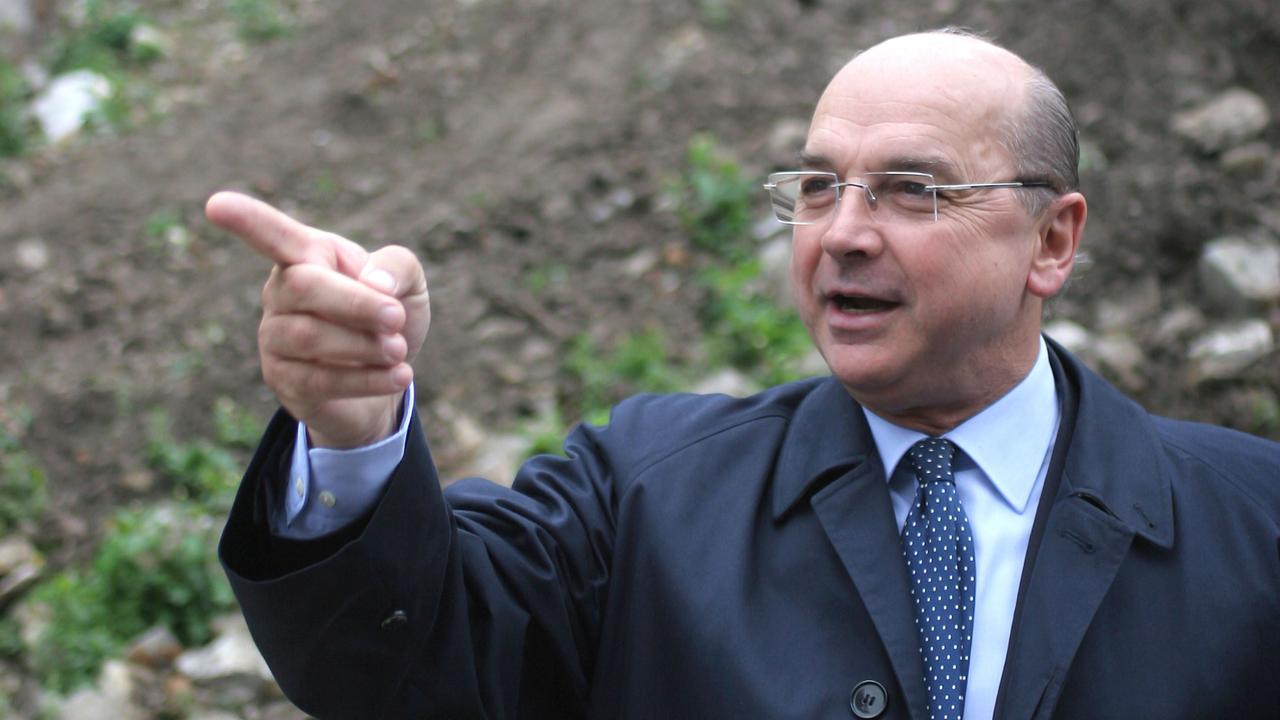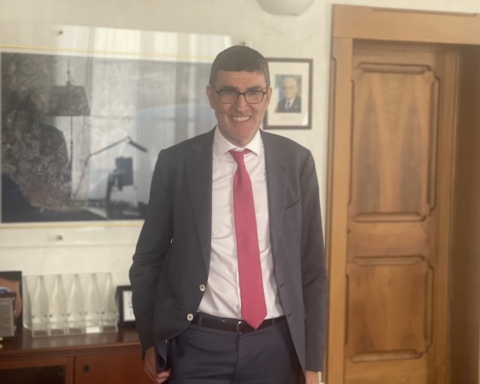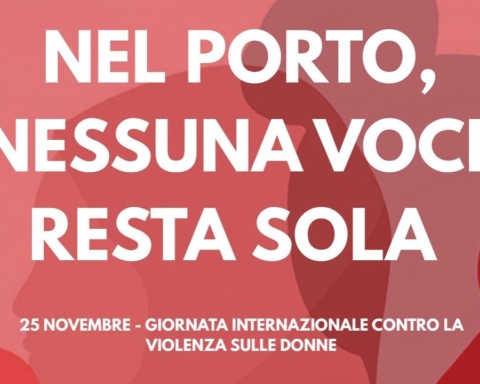Trieste and Koper as one port network? “Why not. After all, the two ports are not even ten kilometres apart”. The person responding to the proposal launched some time ago in the columns of Port News by the lawyer Maresca is not just an opinionist but the mayor of Trieste. Roberto Dipiazza, an entrepreneur by trade (he has a supermarket chain in the province of Trieste), knows how important it is to put the numerous potential opportunities of the ports facing the Adriatic to together beneficially.
“This type of port network should also be able to activate synergies with Ravenna and Venice,” he explains. “If we think of the Silk Road project and therefore the corridor goods traffic for central Europe, this collaboration seems appropriate today”. The objectives are always the same: to develop the barycentric positioning of Italy (“A platform in the Mediterranean”), to increase competitive market areas and to develop profitable commercial relations with the Asian Countries, above all with China.
The Chinese Dragon is perceived not as an enemy (“Here it is not a question of selling off our ports to satisfy Beijing’s appetites “) but, exactly the opposite, as a potential ally: “The opening of the Chinese market can represent a great opportunity for our country and its ports to develop”. From a commercial point of view, for Dipiazza, the real enemies of our ports are, if anything, those who pull the strings in the ports of the Northern Range: “Rotterdam handles as many containers on its own as all the Italian ports together, we must not and cannot forget this”.
For the mayor of Trieste, the supremacy of the Dutch port of call must be a goad to do more and to do it better: “We must stop waging war among ourselves. In the past, conflicts between individual ports have often prevailed over the general interest of our country. Politics must not lose its ability to create a balance”.
The mayor appeals to the government to work in favour of a systemic, synergistic development of port systems and also asks that the law 84/94 on the composition of the Management Committee be reworked: “The Delrio reform has loosened the link between local administrations and port institutions, making the mistake of preventing the mayor from participating directly in Management Committee meetings”.
Dipiazza refers to the Ports Corrective Decree (Legislative Decree no. 232/2017), which prohibits those who hold positions as members of policy-making bodies, or who hold administrative positions of top management or as administrators of public bodies and private bodies under state supervision, to sit on Port Network Authorities’ executive boards.
Things used to be great,” he recalls. “The most important people took part in the Committee meetings: with President Zeno D’Agostino and the President of the Regional Administration it only took a few minutes for us to resolve even the most important problems. I find it paradoxical that the government wanted to change this approach only to put conflicts to rest in Livorno and Civitavecchia.”
Translation by Giles Foster




